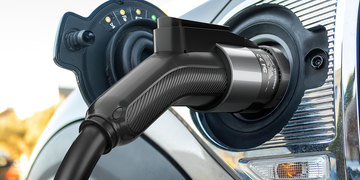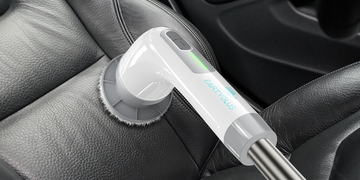Is it cheaper to charge EV at home? That's good news for anyone considering an EV. Many consumers worry about access to public charging stations while out and about. But as much as 90% of electric car charging is done overnight at home, which is almost always the cheapest way to charge an electric car.
Among the various options available, charging an EV at home is often touted as a convenient and cost-effective solution. But is it truly cheaper to charge an EV at home compared to other charging methods? Let's explore the economics behind home EV charging.
Electricity Tariffs:
The cost of charging an EV at home depends largely on the electricity tariff structure in place. Many utility companies offer special EV charging tariffs, which provide discounted rates during off-peak hours when demand on the grid is lower. These off-peak rates can significantly reduce the cost of charging compared to standard residential electricity rates.
Charging Efficiency:
Charging efficiency refers to the amount of energy consumed by the EV compared to the energy delivered to the battery. Home charging typically involves using a Level 2 charging station, which is more efficient than Level 1 charging (plugging into a standard household outlet). Higher charging efficiency means lower energy losses during charging, resulting in reduced electricity costs.
Convenience and Flexibility:
Charging an EV at home offers unparalleled convenience and flexibility. EV owners can plug in their vehicles overnight or whenever convenient, ensuring that their vehicles are fully charged and ready to go whenever needed. This eliminates the need to visit public charging stations, saving time and potentially reducing overall costs associated with travel.

Installation Costs:
While home charging may offer long-term cost savings, there are upfront costs associated with installing a Level 2 charging station at home. This includes the purchase of the charging equipment and any necessary electrical upgrades to accommodate higher power levels. However, these installation costs are often offset by the savings realized over time through cheaper home charging.
Public Charging Costs:
Charging an EV at public charging stations, whether fast chargers or Level 2 chargers, typically incurs higher costs compared to home charging. Public charging stations may charge a per-kilowatt-hour (kWh) rate or a flat fee per charging session, both of which can be more expensive than home electricity rates, especially if no special EV charging tariffs are available.
Travel Patterns and Charging Needs:
The cost-effectiveness of home charging also depends on individual travel patterns and charging needs. For those who primarily use their EVs for daily commuting and short trips, home charging may suffice, offering cost savings compared to relying solely on public charging. However, for long-distance travel or frequent road trips, a combination of home and public charging may be more practical.
Environmental Considerations:
While not directly related to cost, it's worth mentioning that home charging allows EV owners to take advantage of renewable energy sources such as solar power. By installing solar panels and coupling them with home EV charging, owners can further reduce their carbon footprint and potentially lower their electricity bills through self-generated clean energy.
Is it cheaper to charge EV at home? In conclusion, charging an EV at home can indeed be cheaper compared to other charging methods, thanks to discounted off-peak electricity rates, higher charging efficiency, and the convenience of home-based charging. While there are upfront installation costs to consider, the long-term savings and flexibility offered by home charging make it an attractive option for many EV owners. However, individual circumstances, including electricity tariffs, travel patterns, and environmental considerations, should be taken into account when evaluating the cost-effectiveness of home EV charging.





